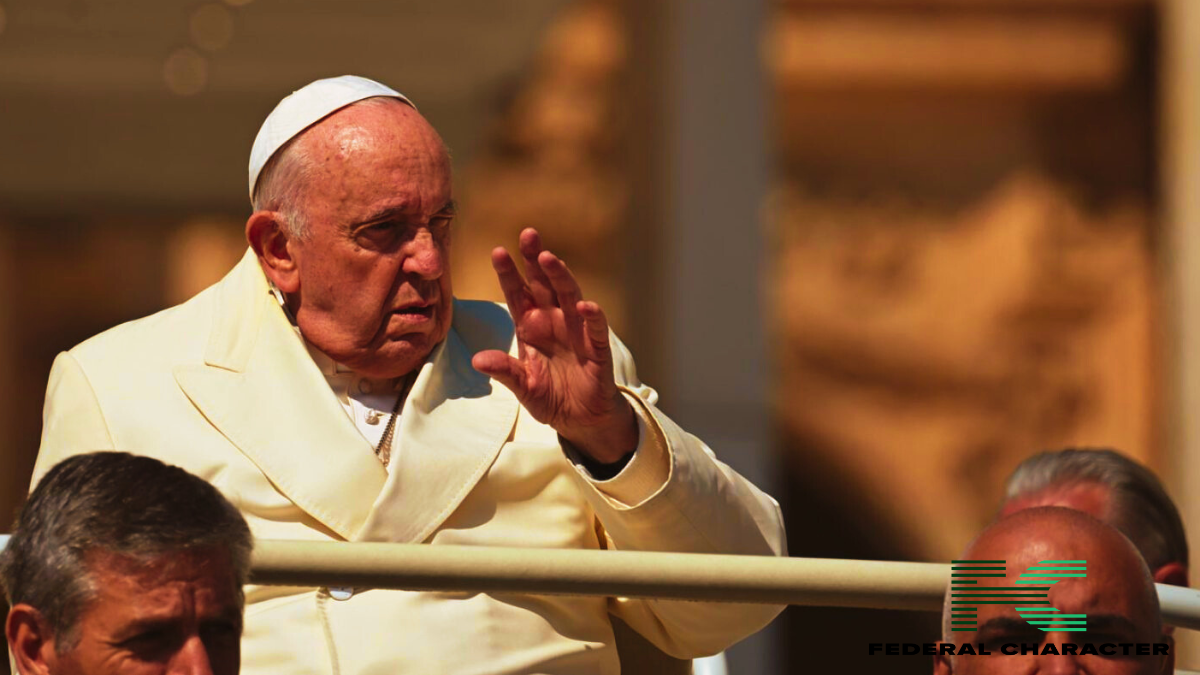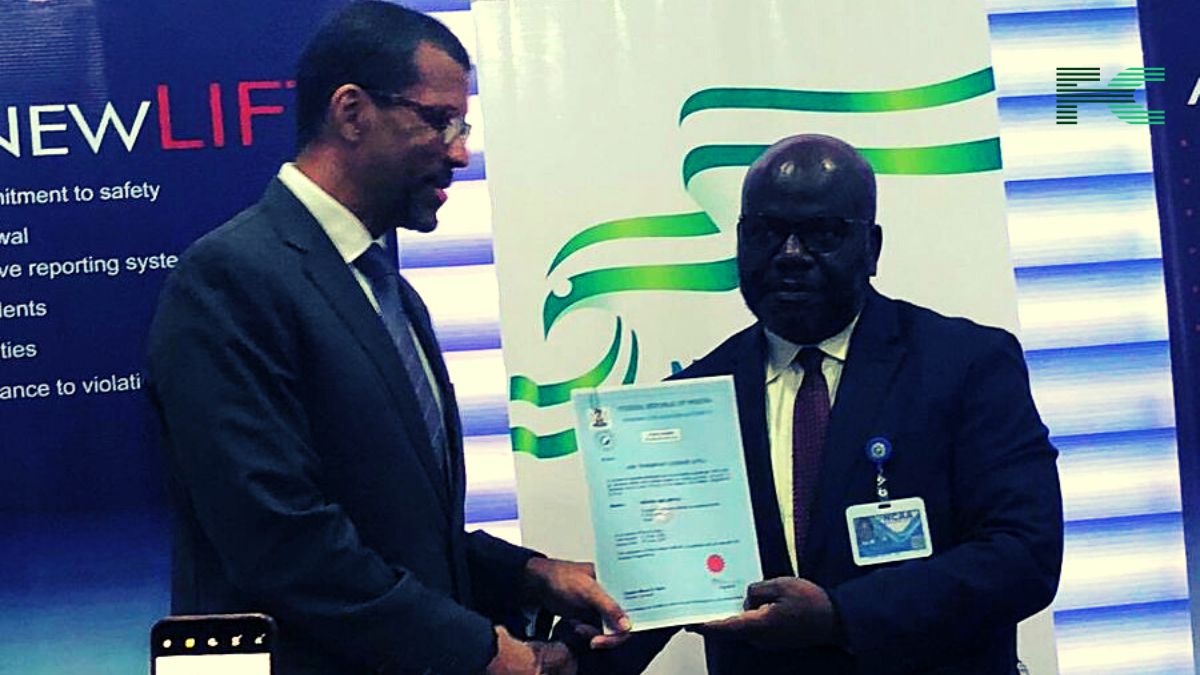The Airline Operators of Nigeria (AON) has placed a lifetime ban on Comfort Emmanson, a female passenger accused of assaulting airline officials on an Ibom Air flight from Uyo to Lagos. The ban, announced by AON spokesperson Obiora Okonkwo, takes immediate effect and applies to all AON member airlines, both domestic and international.
According to AON, the incident began when Emmanson refused to comply with safety instructions to switch off her mobile phone before take-off. The situation escalated into what AON described as “one of the most severe cases of unruly passenger behaviour witnessed in 2025,” involving physical attacks on crew members and attempts to use a fire extinguisher as a weapon.
How the Incident Unfolded
Ibom Air said Emmanson ignored multiple safety requests until the Pilot-in-Command addressed the matter publicly. After landing in Lagos, she allegedly waited for passengers to disembark before confronting a crew member, assaulting her, tearing off her wig, removing her glasses, and repeatedly slapping her. She allegedly attacked another crew member, security personnel, and even attempted to damage the aircraft.

Viral videos of the incident show security struggling to restrain her. Emmanson has since been remanded at Kirikiri Correctional Centre in Lagos.
Selective Punishment in Nigeria
Now, here’s where my concern lies, Nigeria has a troubling history of selective punishment. While the AON is quick to enforce a lifetime ban on Comfort Emmanson, we have seen other high-profile incidents—sometimes involving politicians or celebrities—treated with far less severity. Many Nigerians remember how cases involving influential figures often fade quietly without real consequences.
We cannot deny that Emmanson’s actions were wrong, dangerous, and unacceptable. But does Nigeria enforce rules equally for all? Or are ordinary citizens punished more harshly while the powerful get away with even worse behaviour?
A Pattern of Bias
From the unruly behaviour of Senator Adams Oshiomhole towards Air Peace staff to the recent ValueJet drama involving musician KWAM 1, the punishments and public outrage are never consistent. In some cases, bans are temporary, in others, the matter disappears entirely. Yet here, the AON wasted no time in declaring a lifetime ban.
This inconsistency feeds the public perception that justice in Nigeria depends not on the severity of the offence, but on who commits it. If Nigeria truly wants to uphold safety and discipline in aviation, then the same standard must apply to all—whether you are an ordinary passenger or a political personality.
Bottom Line
Comfort Emmanson crossed the line and deserves punishment. However, as a country, we must address our bias and selective justice. We cannot keep making examples of those without influence while shielding those with connections. A life ban in one case and silence in another sends a message, that fairness in Nigeria is not guaranteed. Until we fix this, public trust in our systems will remain weak.

















